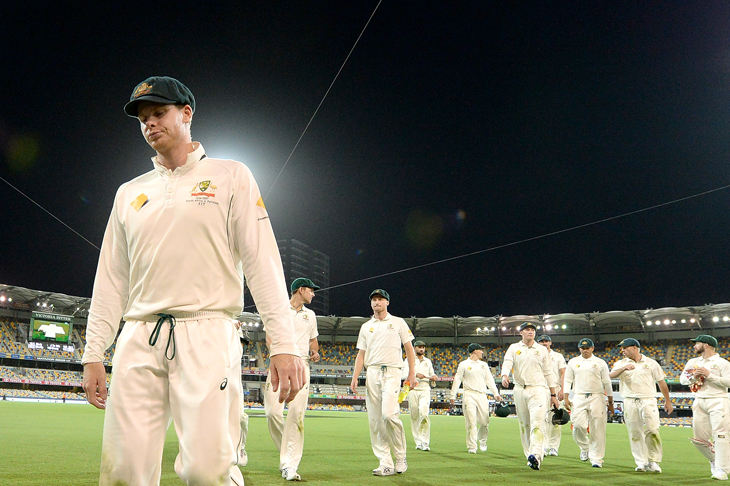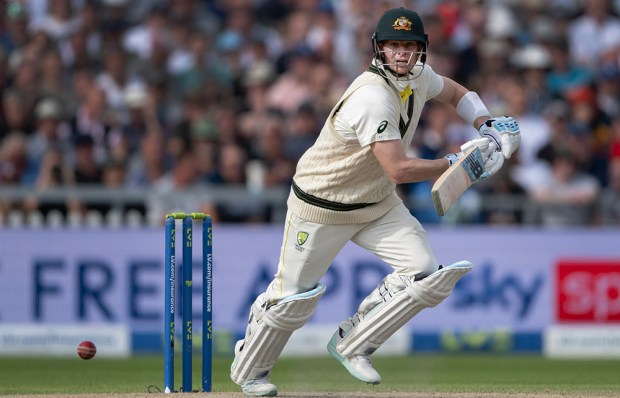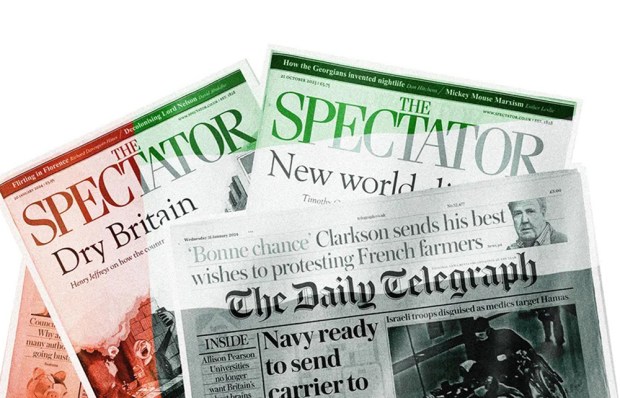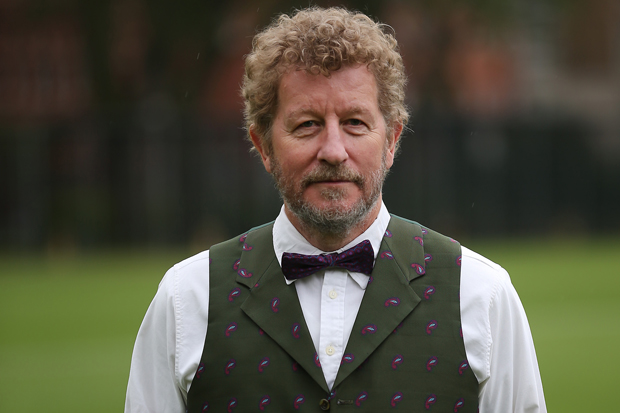When the much-admired (and very tall) literary agent Gillon Aitken died in October 2016, he left most of his estate in a charitable trust to be named after his daughter Charlotte, who had, very sadly, predeceased him. Quite soon, the trust will start its work, which is to ‘educate the public in the appreciation of literature’, including poetry and drama, by whatever means seem appropriate — to include prizes, grants, scholarships, the funding of retreats, courses and so on.
As one of the trustees, my job is to find the best ways to fulfil Gillon’s wishes. The slate is blank. My first feeling is that there are too many prizes already; but, on reflection, I wonder if there is scope to reward travel writing, a genre Gillon loved and did much to encourage in this country. I have never been a fan of people telling you who next got into their train compartment (it seems to me the literary equivalent of showing your holiday snaps), but if ‘travel’ can stretch to include foreign reportage, such as Among the Believers by V.S. Naipaul (whom Gillon represented), or a memoir like Naples ’44 by Norman Lewis, then we might be on to something. The Zimbabwean lawyer and fiction writer Petina Gappah told me a writer-in-residence programme in Berlin was invaluable for her work and so I am off to investigate the possibility of starting a retreat in rural Normandy. From the experience of judging grant applications to the Society of Authors and from the anguish of writer friends, I know that a simple cheque can also help buy time to finish a book.
The Australian cricket cheating scandal has been confused on many levels. Reports at first said that the coach, the captain and the vice-captain had coldly devised a plan and used the team’s most naïve player to carry it out. This turned out to be untrue. Cricket’s governing body imposed a risible one-match ban. The accused’s more worldly defenders said everyone cheats, the South Africans are always at it, so it’s no biggie. Australia Cricket, the country’s overlords, took a much sterner view, invoking the idea of national shame. A tidal wave of fake news and counter-bull engulfed the e-world. All the players involved began to weep. The whole Aussie macho, larrikin, ocker nonsense melted into a pool of tears. It became impossible to navigate any sensible path through the damp confusion. But here’s what we do know for sure. Cricketers regularly cheat by saying loud, insulting things to the batsman to break his concentration (‘sledging’). They all do it. England do it. But Steve Waugh’s Australian team (1999-2004) took this practice to brutal and tedious new lengths. And here are a couple of opinions, for what they’re worth. There is a famous photograph of the Australian bowler Merv Hughes, his body contorted with fury and hatred, screaming abuse at a departing batsman, Graeme Hick. This is glossed a ‘good send-off’ or ‘typical Merv’. But really it’s a disgrace. The gloating (mostly English) over Steve Smith and David Warner’s discomfort is unpleasant; and all credit to Smith’s father for standing by his son. But Warner, Smith and the cat’s paw Bancroft are paying for the sins of a previous generation of Australian players and the willingness of umpires and administrators to classify oafishness calculated to give an unfair advantage as ‘part of the game’.Test cricket without a strong Australia would be pointless and the other qualified countries need them to bounce back. They could start by volunteering to stop the verbal intimidation.
The news that an Australian bookshop has moved Steve Smith’s autobiography from the ‘sport’ to the ‘crime’ section reminds me of being in a health farm in Spain this time a year ago. An English fellow inmate told me he had finished a fine book about the Battle of Britain, which he had returned to the multilingual library. ‘That’s funny, Patrick,’ I said, ‘because I was looking through the English section for something to read only this morning.’
‘Yes,’ Patrick replied sheepishly. ‘I… er, put it in the German section.’
My new novel, Paris Echo, has just been sent to the typesetter, to be ready for publication in September.
It’s a melancholy moment when you say, ‘OK, it’s done’ and hit ‘send’. After three years of planning, dreaming and straining, then three months of editing and fiddling, what you’re effectively saying is: this is the best I can do. ‘Between the idea/ And the reality,’ as T.S. Eliot pointed out, ‘Falls the Shadow’ — the shadow of one’s clumsy hands, unconscious tics and limited ability. I don’t want to end on a downer, though. I’ll perk up by September, and any book set in Paris must have some OK bits.
Got something to add? Join the discussion and comment below.
Get 10 issues for just $10
Subscribe to The Spectator Australia today for the next 10 magazine issues, plus full online access, for just $10.
You might disagree with half of it, but you’ll enjoy reading all of it. Try your first month for free, then just $2 a week for the remainder of your first year.














Comments
Don't miss out
Join the conversation with other Spectator Australia readers. Subscribe to leave a comment.
SUBSCRIBEAlready a subscriber? Log in